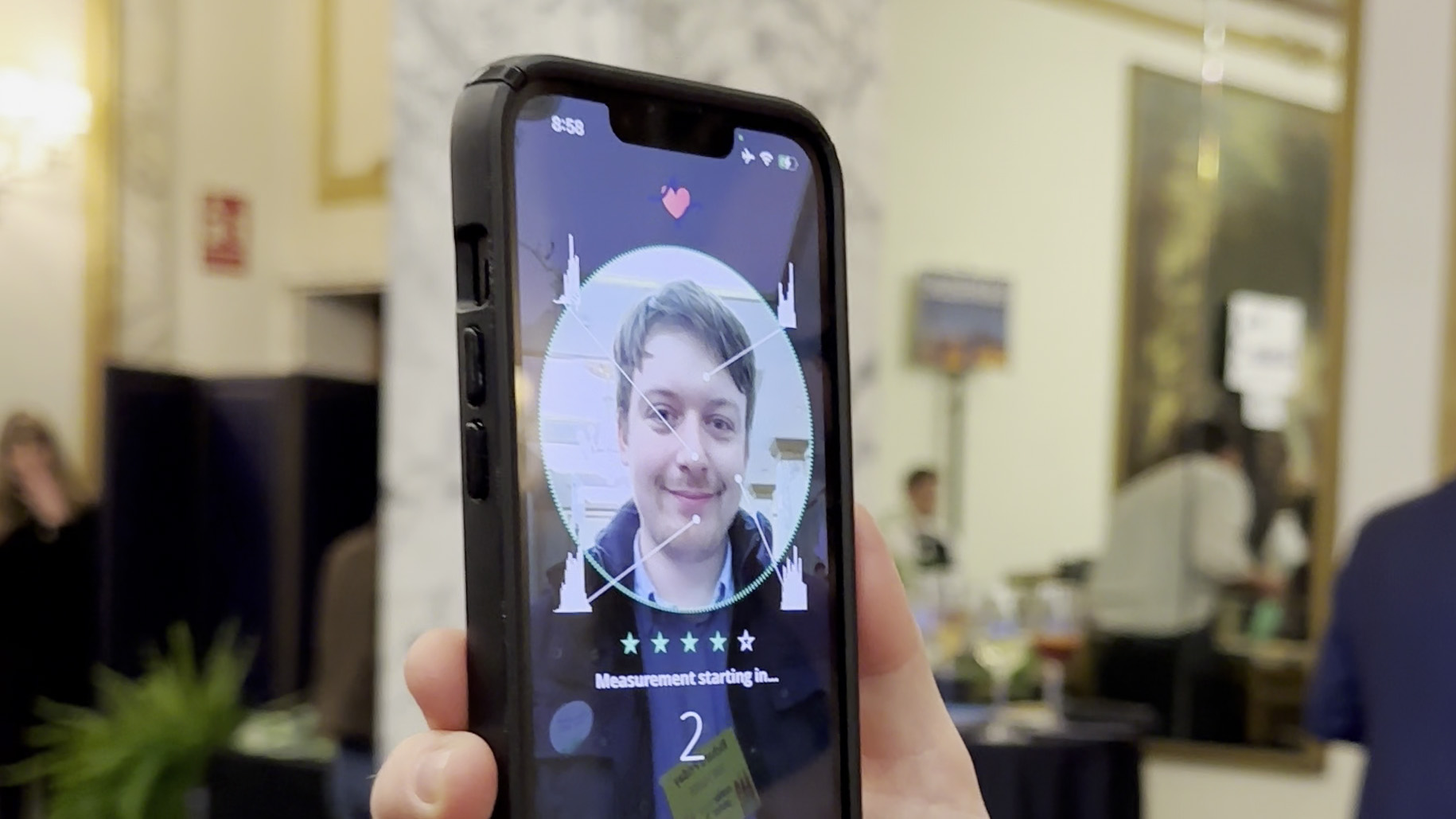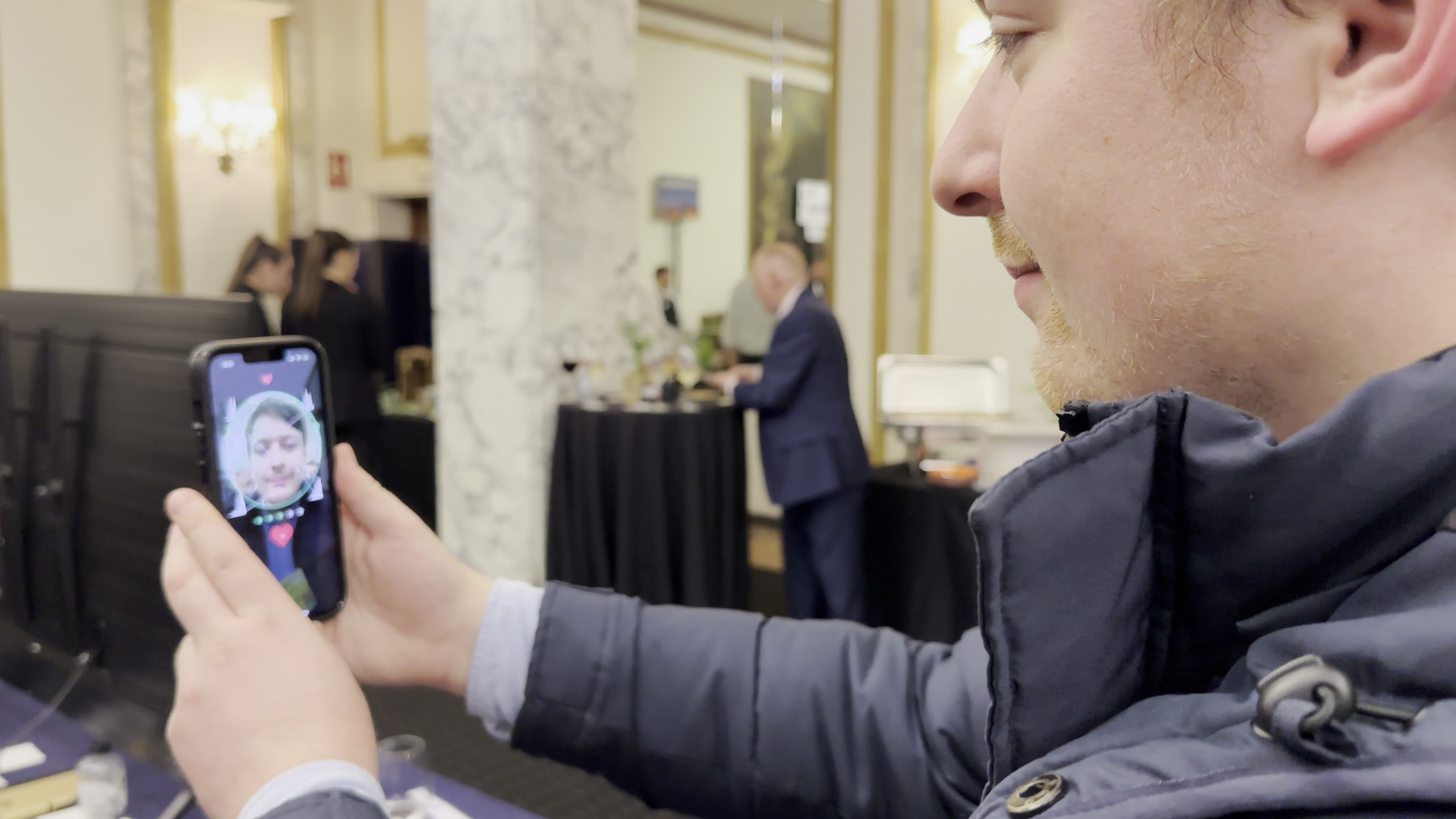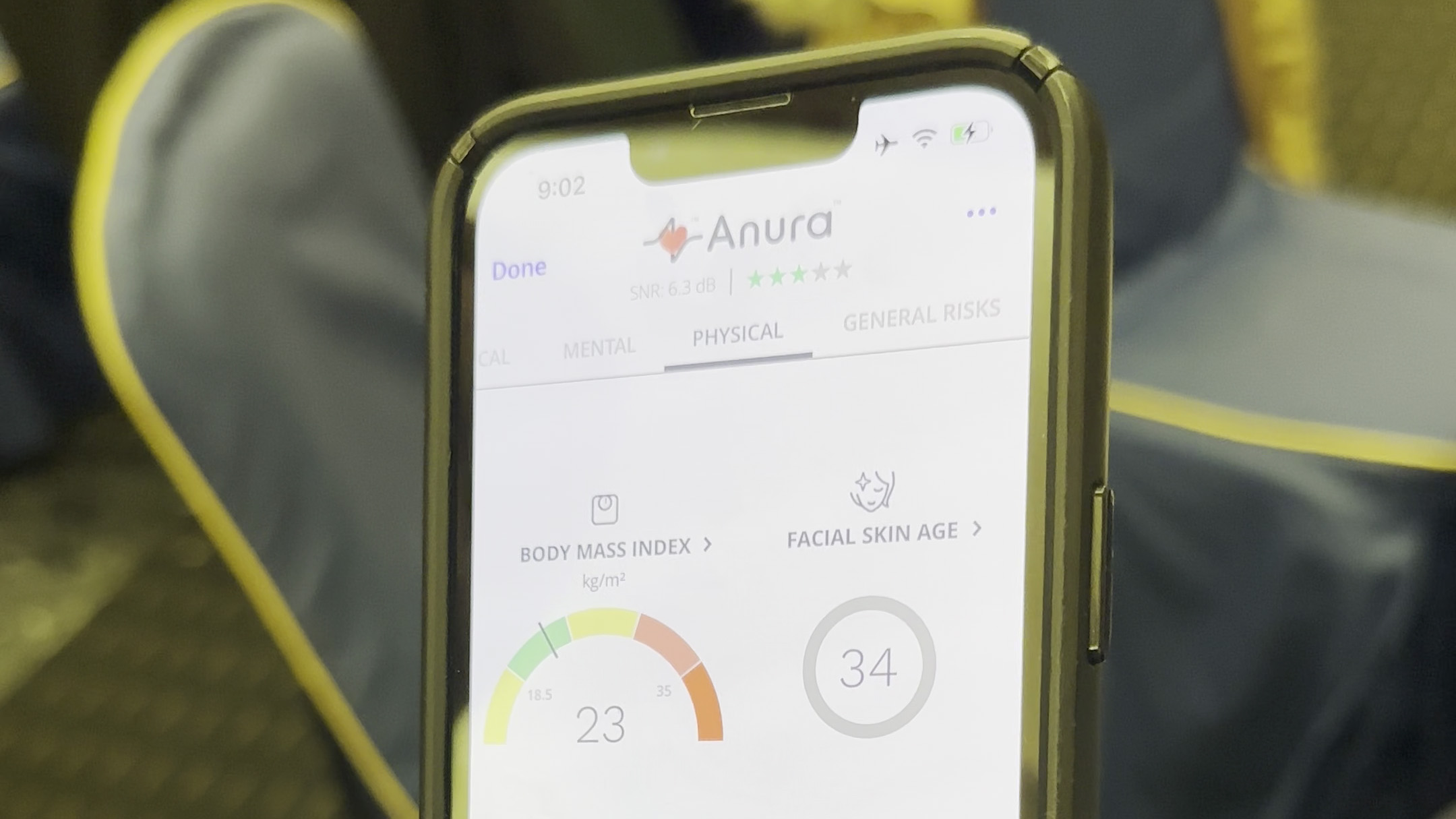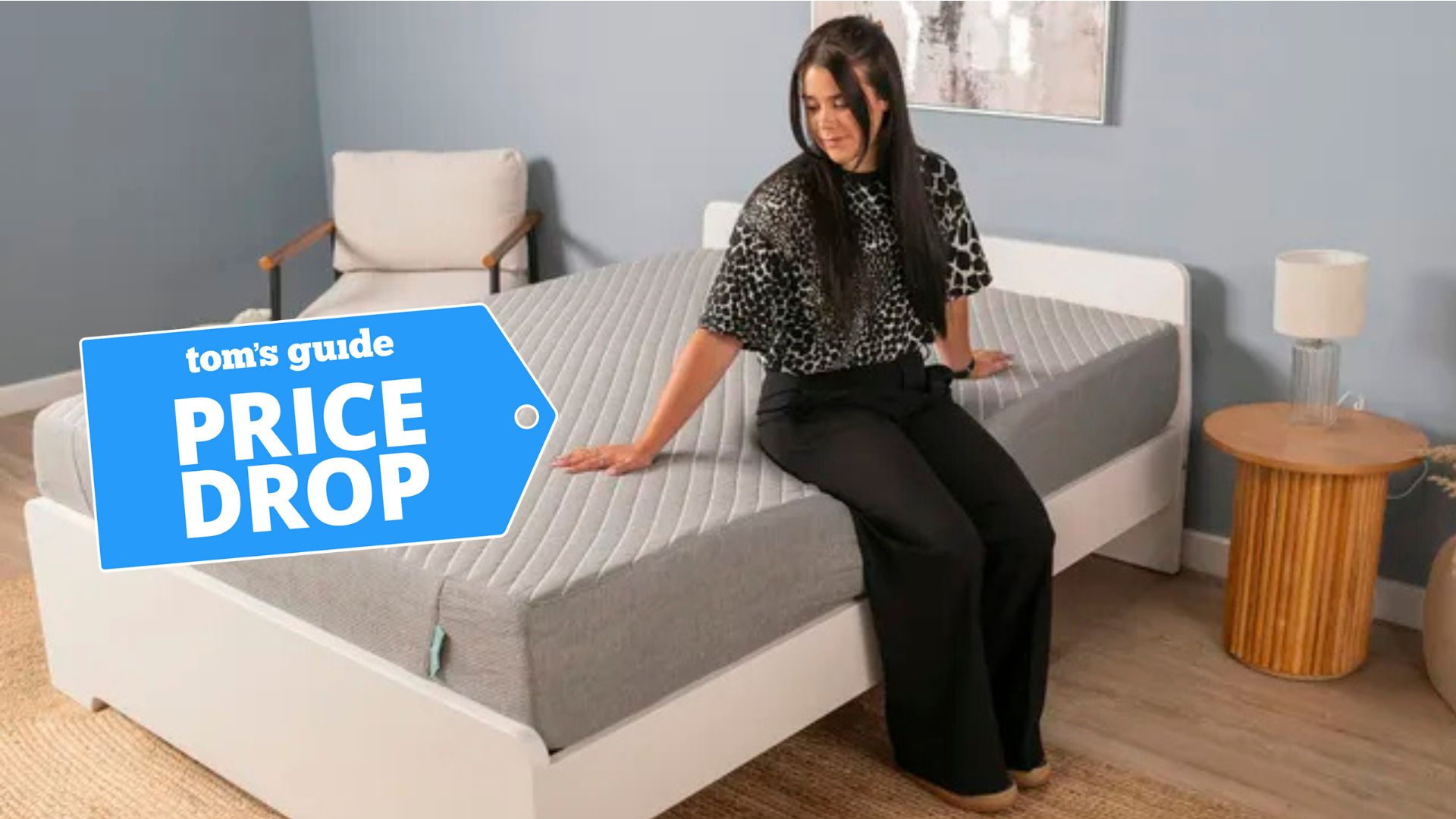This smartphone app can check your health just by scanning your face — and I tried it
The NuraLogix Anura app uses a short recording to identify many potential health problems

While at MWC this week, the Anura app was able to tell me I was generally in good health (but looking a little old) just by recording my face for 30 seconds.
Developed by Canadian outfit NuraLogix, Anura can test up to 30 different parameters by using "transdermal optical imaging" — that being reading the activity of the blood vessels in your face. No smartwatch or fitness tracker is needed for this analysis — all that's need for this investigation into potential health problems (and not diagnosis, as the app is clear to state) is your phone's selfie camera.
Anyone can download a free "Anura Lite" version on iOS or Android, but that only offers limited information. Meanwhile, the paid version of Anura is not available to just pick up off an app store, as the idea is that it will be bought by businesses, not individuals. It's something NuraLogix pictures employers or insurers putting to use to see how employees or policy holders are doing.
It's not hard to understand how to use the app once it's installed. You begin the scan and position your head within the circle, and then you just wait for Anura to do its work.
The app measures blood flow from five different points on your face, which it displays with rising and falling bars like it's trying to calculate your cheekbone's power level.

After half a minute goes by, the data is sent off to NuraLogix's cloud to analyze, and then your results come back in some easy-to-read green, yellow and red guages.
I also have to note that I only got full results after three tries with the app. The first time the app aborted scanning partway through recording, and the second time it gave me only partial results because it hadn't scanned me fully. The NuraLogix staff explained this was because of the lighting in the hotel ballroom venue where I met them, which seems a reasonable excuse for an optical scanning system. It's still an annoying limitation with the tech as it stands.
Sign up to get the BEST of Tom's Guide direct to your inbox.
Get instant access to breaking news, the hottest reviews, great deals and helpful tips.
Once you get a successful scan done, you can check out several sets of of data, including your mental health, heart and breathing rates and your risk of a heart attack, strokes or diabetes. While I don't have up-to-date records for all of these things from a genuine medical professional, the results seemed to back up what I already knew about myself. Sure I can eat and exercise better, and I'm a bit prone to stress, but otherwise I'm in good shape.

There was one measurement that I wasn't happy with though. The app claims it can calculate your "facial skin age" from the scan, which for me it placed at 34. Frankly it's rather rude of Anura to say that, as I don't turn 30 until October. I'm going to give it the benefit of the doubt and assume my beard threw it off.
As impressed as I am on the whole with Anura, I do worry what easily accessible health data like this could do in terms of directing people toward or away from seeing medical professionals when they really need the opposite, and what exactly an insurance company would use this data for with regards to your payments.
But taking Anura as a basic (but still hi-tech) diagnostic tool like a thermometer, it seems like it could be properly useful once more people are able to use it. Just don't get upset if it ages you up by half a decade.

Richard is based in London, covering news, reviews and how-tos for phones, tablets, gaming, and whatever else people need advice on. Following on from his MA in Magazine Journalism at the University of Sheffield, he's also written for WIRED U.K., The Register and Creative Bloq. When not at work, he's likely thinking about how to brew the perfect cup of specialty coffee.
